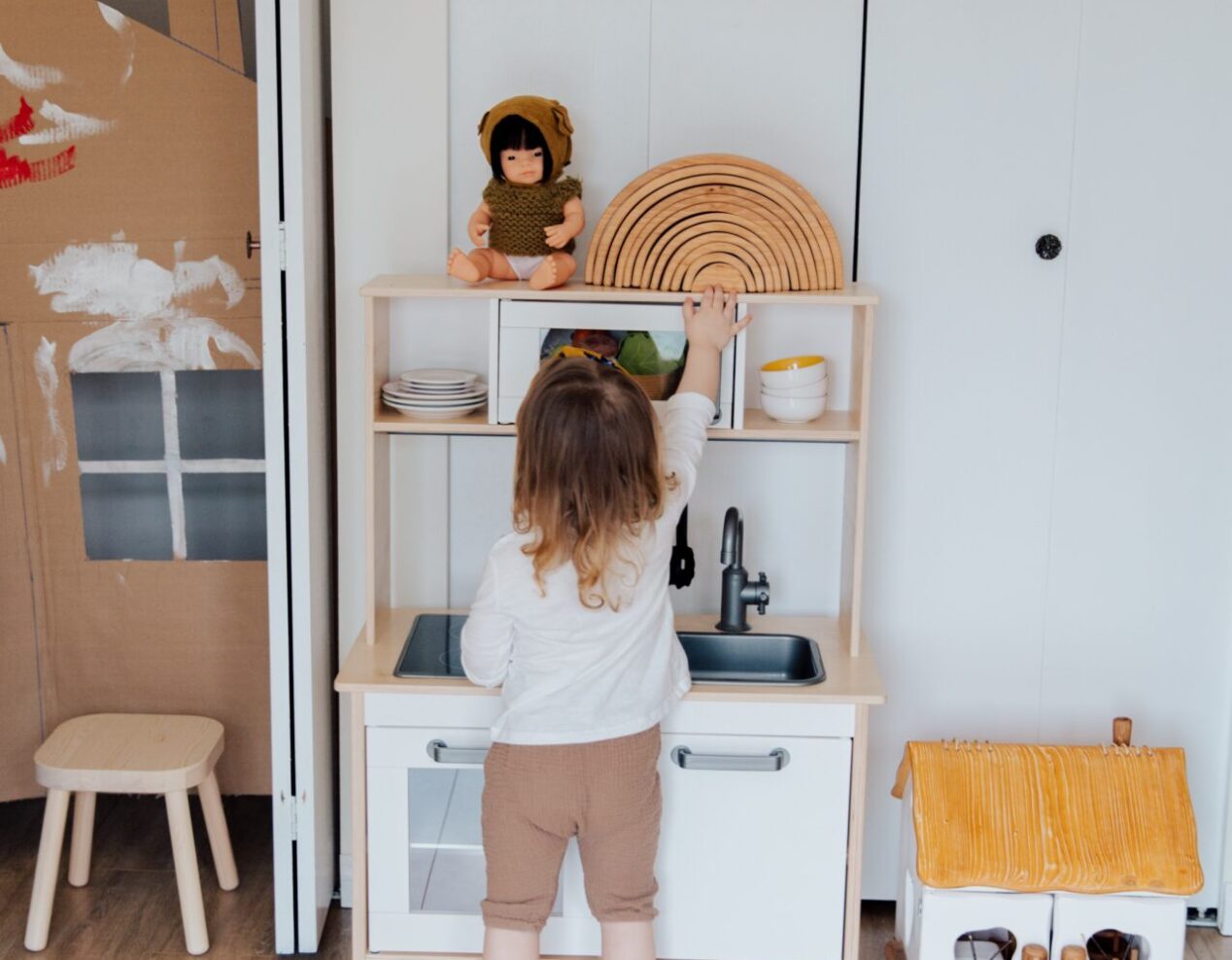Help! My child is a picky eater

Many kids go through the “picky eater” phase – so don’t worry! It’s not just your child.
Let’s dive in. WHY are children like this?! It’s an extremely frustrating and overwhelming problem to deal with as a parent. Chances are, you’re worried they aren’t getting the proper nutrition, stressed they’ll wake up hungry at 2 am, and concerned about their long-term development.
But guess what? The more you stress over them not eating, the less they’re likely to actually eat. The moment they sense that they have power in the situation (i.e. not eating what you’re offering them) they will hold onto that for as long as they can. They’re testing your limit. They’re exploring their own independence. It’s not a personal attack against you or your cooking skills – but rather a developmental phase that all humans go through.
The Do’s and Don’ts of Mealtimes
Even though children must test boundaries and learn limits, that doesn’t mean there has to be a battle every night at dinner time. These are our top tips when it comes to mealtimes and getting your child to listen, cooperate, and eat.
- Create a Schedule. Kids LOVE consistency – even if they don’t know it. Having a dedicated time for meals and snacks will work wonders. Don’t allow them to eat outside of these times. If they’re hungry when it’s mealtime, they’re more likely to eat what you put in front of them!
- Offer Healthy Choices. If you’re concerned about nutrition, only offer options that are healthy. By doing so, you’re building their independence and decision-making abilities at the same time.
- Keep it simple. “This is what we’re having for dinner. If you don’t like it, you’re excused from the table.” However, keep a plate on the side in the event that they come back saying they’re hungry. Only give them this plate as an option and nothing else. After a few rounds of this, they will learn to eat the food provided.
- No Distractions. No airplanes. No tasty desserts as a reward. No TV or tablet while eating. You want your child to build a good relationship with food, and that will only happen if they’re aware of what they’re eating.
- Involve Your Child. Get your child involved in preparing dinner! They will be more excited and motivated to eat when they have some transition time and this allows for that. Get them to set the table if they’re on the young side, or have them help you cook if they’re old enough.
- Eat at the Table – Together. Make dinner an enjoyable situation for everyone. Eat dinner at the table and use this time as a way of connecting with each other. Share your “rose and thorn” of the day (the best and worst part of your day) and focus on each other and enjoying family time, rather than exactly what you’re eating. This will help your child build a healthy relationship with food.
- Say Goodbye to the “Clean Plate Club”. Trust your child. Trust their bodies. Trust them when they say they’re full. If they have been given a plate full of nutritious food and only ate half, that’s ok! Finishing their plate should no longer be a measure of a healthy appetite. Sidenote: did you know a child’s stomach is roughly the size of their fists put together? That’s small! Ensure you’re serving age-appropriate portions.
- Let it Go. Let go of all the stress and worry you’re carrying around about food. Your role as the parent is to help your child build a healthy relationship with food. This will lay the foundation for the rest of their lives. Show them that food is a moment of connection and teach your child to trust their body.
- Set a Good Example. As with most parenting things – your child will mirror you. If they hear you speaking negatively about food, weight, and body image, then it’s likely they will pick up some of those qualities. Set a good example by not over-obsessing about food, and show them that meals are a time for family connection and enjoying a moment together.
It’s a no-brainer that children can really test your limits, patience, and emotional capacity – we’ve got you! Check out more tips and scripts in the Howtotalk app all about mealtimes and food.
Happy parenting!



